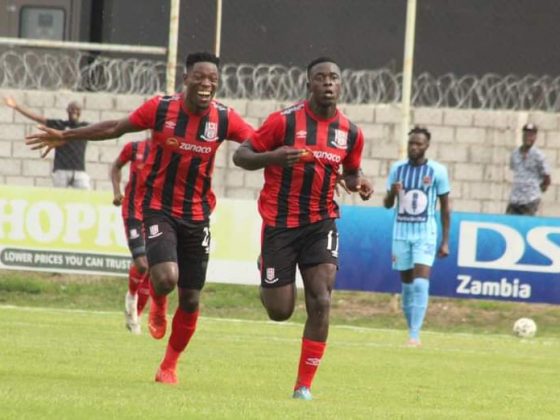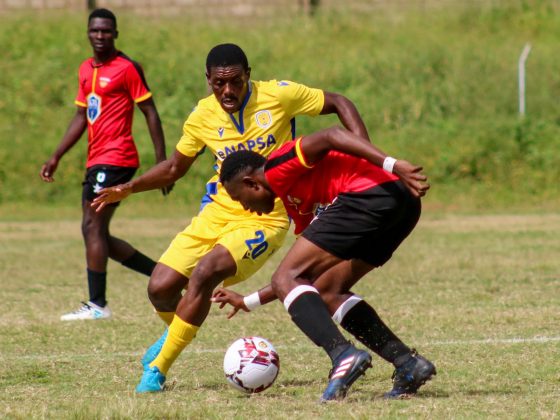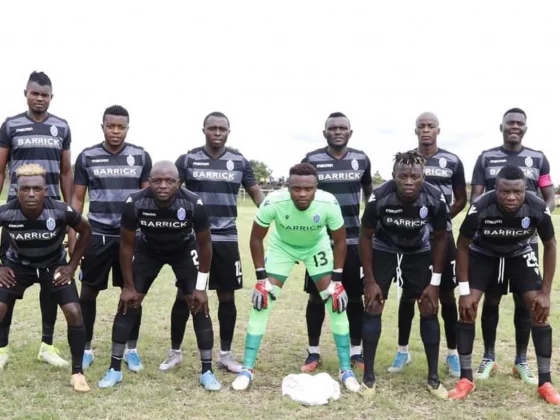The changes adolescents experience in their bodies, the attraction to the opposite sex coupled with pressure to conform to what “everyone is doing” compel adolescents to experiment and explore especially on matters related to sexuality.
Adolescents have problems with their body image; boys are under pressure to look masculine; they worry when they delay in experiencing wet dreams and are not confident to be “men enough” with regard to the size of their private parts. They also feel pressured to prove the ability to have sex. Girls on the other hand worry about the shape of their bodies and how attractive they look and dress.
According to Ministry of Health Assistant Director-Adolescent Health Dr. Kakungu Simpungwe, adolescents are hungry for information and listen to the loudest voice in their networks.
Television, internet and peers are the main sources of information of modern adolescents.
They get inaccurate information as their choice of sources of information is biased towards those that promote specific products and never discuss implications of risky health behaviour.
Television and internet portrays sex to be glamorous and something you can engage in at any time without worrying about any health consequences.
While some adolescents engage in sex to experience what they watch and read on internet others practice what they are told by their peers. Advice from peers range from herbs to use to enlarge private parts; to “speed up” the maturation of the body (pubic hair, wet dreams, big breasts and hips); to experience maximum sexual pleasure and to engage in sex with older men and women in exchange for gifts, money and good marks at school or college.
Adolescents rarely consult parents or other grown-ups on challenges they face.
In the past relatives or traditional counsellors took up the responsibility to provide counsel to adolescents on personal hygiene, sexuality and how to take up new roles and responsibilities in the family and community.
It was a taboo for parents to talk to their children on sex and reproductive organs.
With civilisation and the focus on pursuing careers, modern Zambian families prefer having nuclear families and maintain distant relationships with relatives whom they interact with once in a while.
Because parents are too busy with their work, they neither have quality time to initiate any discussions with adolescents nor monitor their movements to ascertain whether or not their children have problems and whom they are interacting with.
Some adolescents find themselves with friends who influence them to use drugs and alcohol and to engage in risky sexual activities.
When parents find time to talk to their children, discussions should not focus on issuing threats, giving instructions and complaining about their children’s weaknesses and mistakes.
Adolescents need and treasure accurate information on reproductive and general health and counsel from people they trust to increase health literacy, knowledge and skills to resist peer pressure, be assertive/confident and to delay sex debut.
Generally, health literacy levels are low among Zambian adolescents. For instance, one survey revealed that comprehensive knowledge of modes of HIV transmission and common myths and misconceptions remains low among adolescents at 39% for girls and 42% for males.
Limited access to health information because of long distances or simply because no one is there to give health information is one contributing factor.
According to ZDHS 2014, only 11.7% of 15-19-year-old females and 15.3% males were exposed to media.
The same report revealed that 64.5% of all Zambian households had at least one member of the household owning a mobile phone and hence had access to mobile phone. However, data on adolescent access to and use of ICT are minimal.
In its quest to increase adolescents’ health literacy and utilisation of health services the Ministry of Health working with other line ministries and partners is using information, education and communication materials, especially posters on various health problems and trained peer educators who operate in health facilities in adolescent health spaces.
The purpose of the adolescent health spaces is to provide a platform for adolescents to freely access information on substance abuse, HIV/AIDs, STIs, mental health and sexual and reproductive health services for informed decision making and to acquire skills to be resilient, assertive and delay sex debut.
Other channels government is using to educate young people include:
Working with youth led advocacy organisations such as Alliance for accountability Advocates Zambia (AAAZ) and Restless Development;
Media platforms including mobile phone networks (U-Reports),
Facebook (Tikambe-Natulande, MoH Facebook),
Radio programmes (Tikambe, Test Your Life),
toll-free helplines (116 Childline, 5600 general information and 933 for GBV) and
This column; thank you, The Sun Newspaper management for giving us this free space.
Improving adolescents’ health literacy calls for concerted efforts and consistence in messaging at community level. I urge all stakeholders to support the Ministry of Health agenda of promoting good health for all citizens. We should discourage the spread of wrong messages such as herbal medication to alter function of private parts and abuse of alcohol.
Health Tip: Consistent use of condoms protects you from STIs and pregnancy. Use condoms whenever you have sex with a person whose HIV status you don’t know no matter how long you know them





